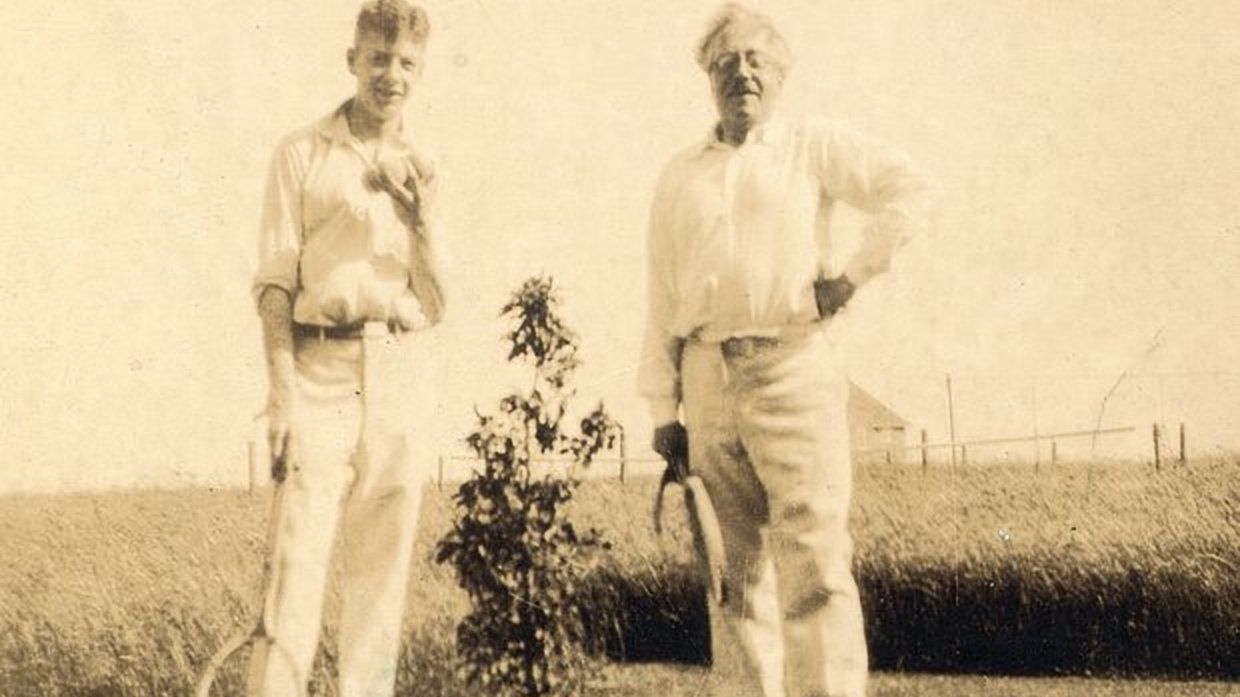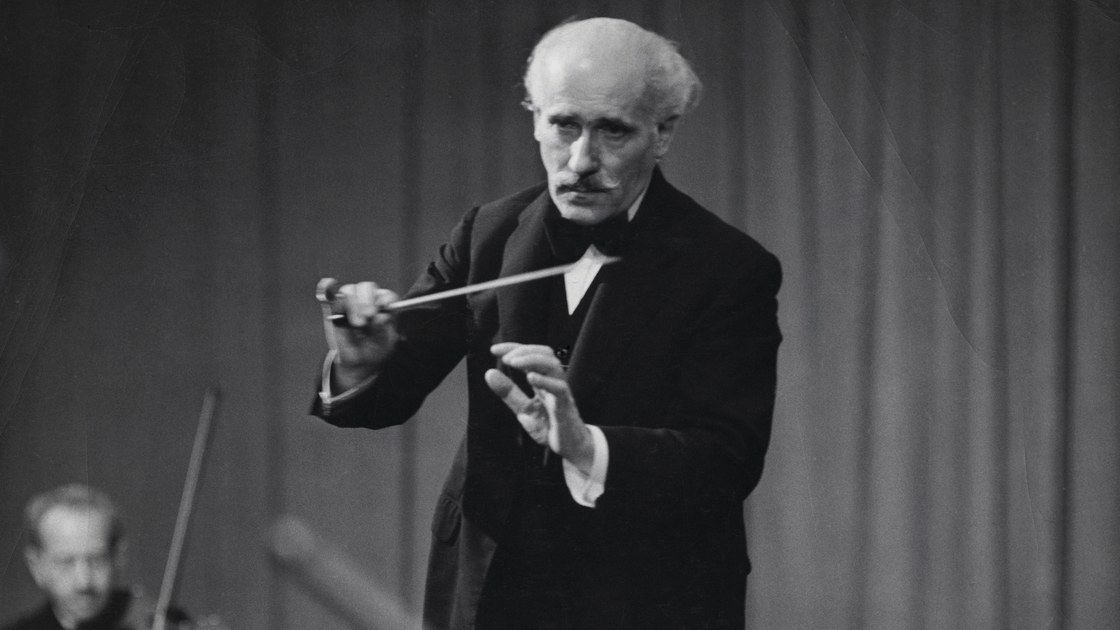Britten’s “Variations on a Theme of Frank Bridge”: From Teacher to Student
Last week, we listened to the vibrant orchestral tone poem Enter Spring by the maverick English composer Frank Bridge (1879-1941). It was at the Norwich premiere of Enter Spring in 1927 that the 13-year-old Benjamin Britten first met Bridge, who would become Britten’s composition teacher and mentor. Britten recalled mammoth lessons: I remember we started at 10:30 and finished at tea time. Mrs Bridge came in and said “Really you must give the boy a break! …







